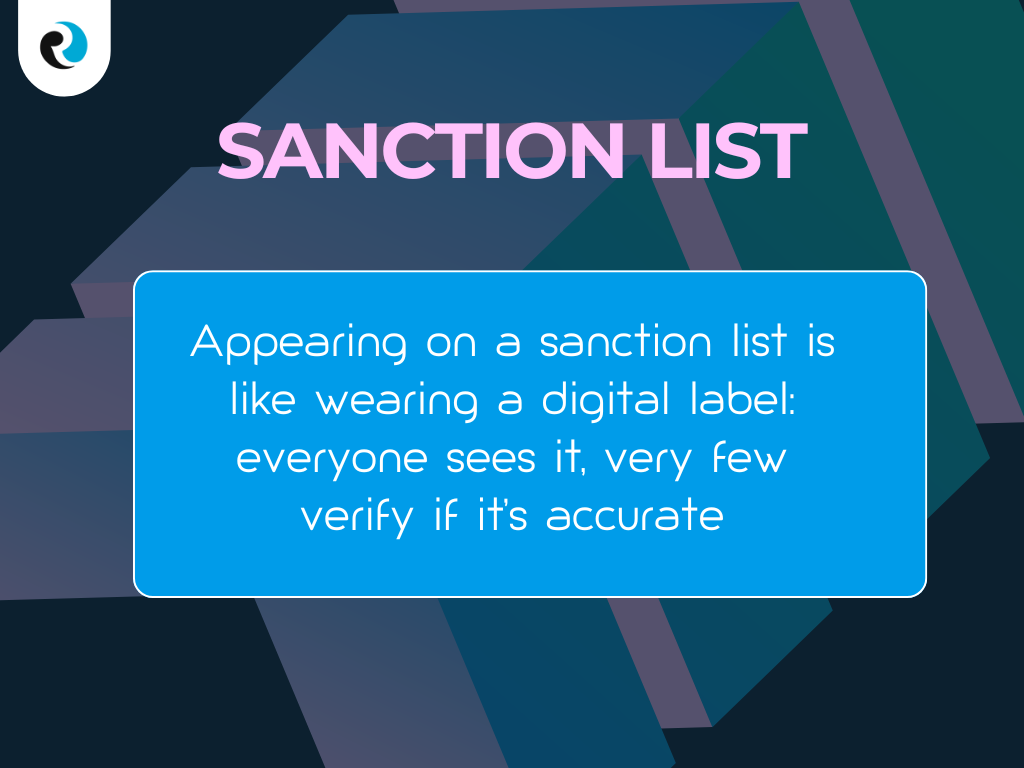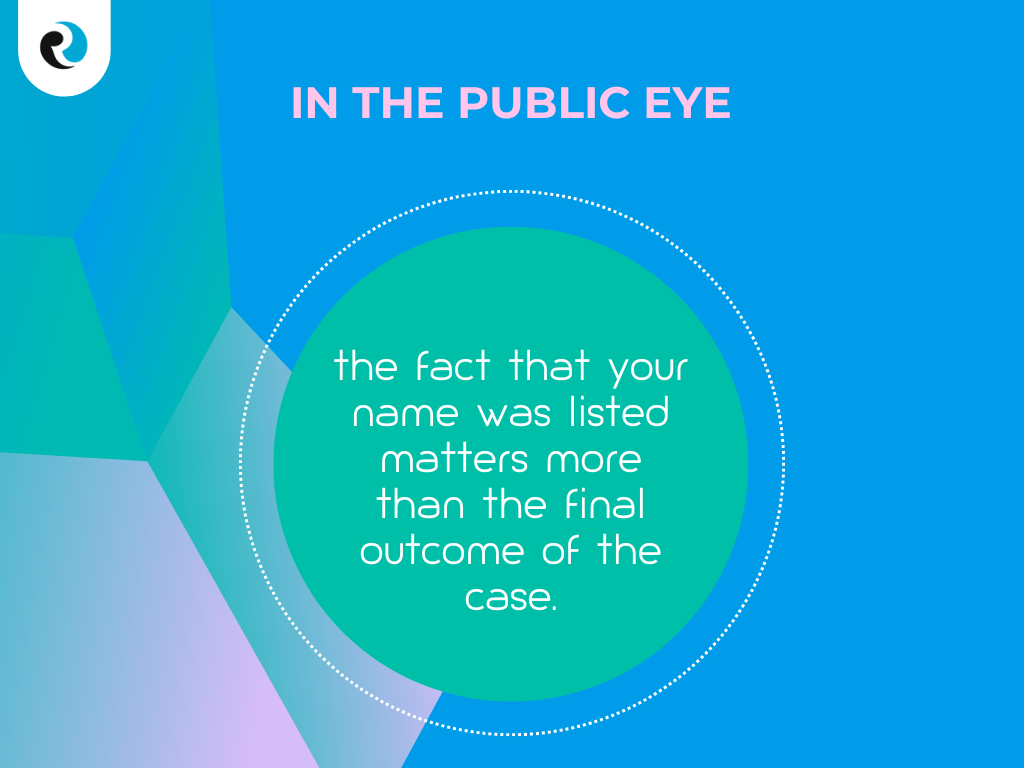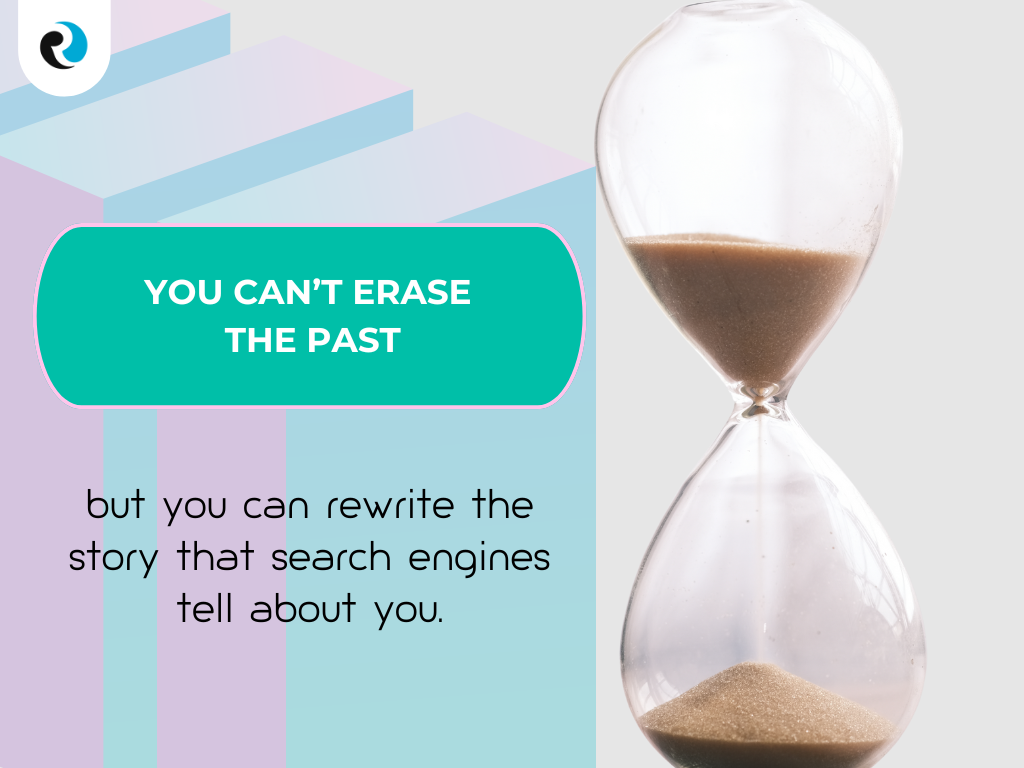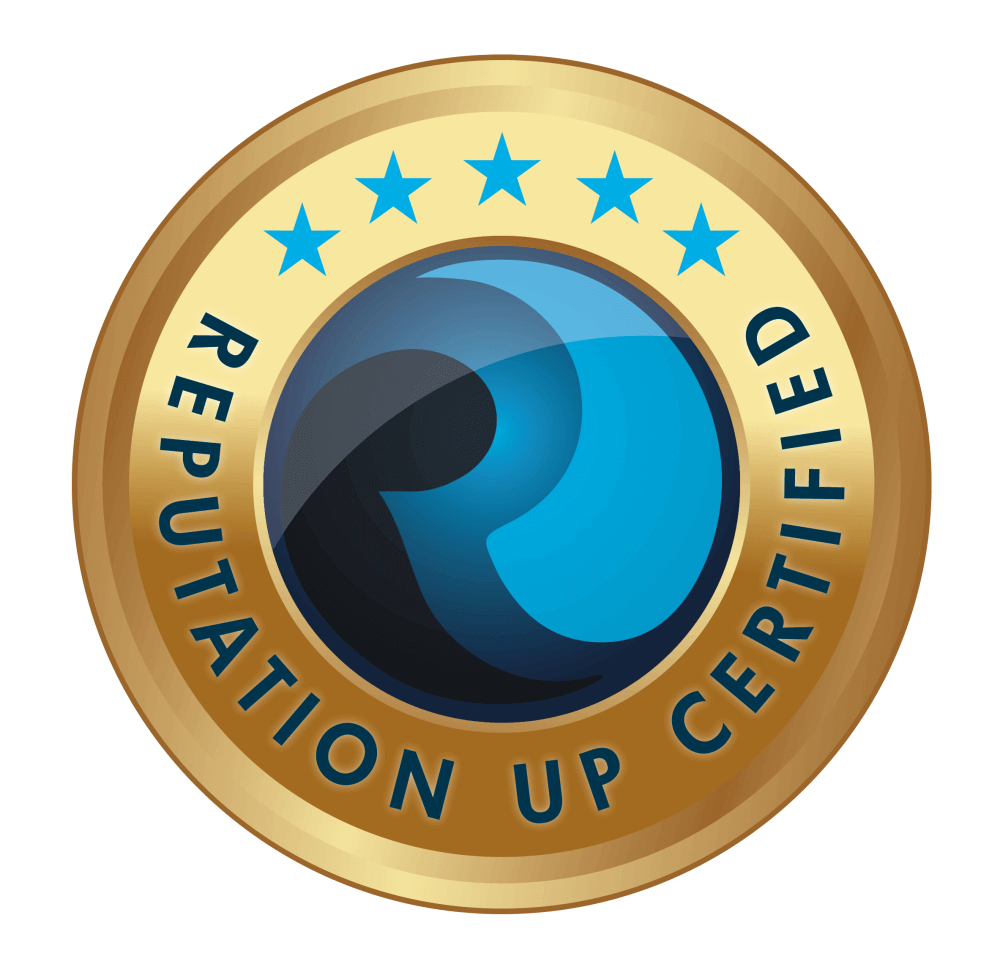Sanction lists are not just a matter of international law or anti-money laundering.
For companies and professionals, they represent an extreme reputational risk: your name enters a blacklist circuit, banks and partners block operations, Google associates your brand with “sanctions” and “terrorism”, and credibility collapses.
In this guide, we explain what a sanction list is, how it affects your digital and financial reputation, and how to build an effective prevention and defense strategy.
What is a sanction list?
Sanction lists are official lists containing individuals, companies, entities, or countries subject to restrictive measures. The main ones are:
- the consolidated list of the United Nations Security Council
- the lists of the European Union, which impose economic, diplomatic, commercial, and financial measures
- lists issued by other states and authorities (such as OFAC in the United States), adopted for security, foreign policy, or financial crime prevention
These lists are checked daily by banks, payment institutions, fintech platforms, large industrial groups, law firms, and KYC/AML providers.
For the European Union, there is also an interactive map of sanctions currently in force.

Why sanction lists are a reputational problem (not only a legal one)
Being listed – or even indirectly associated – on a sanction list means:
- immediate loss of trust from banks, partners, and investors
- difficulty opening accounts, obtaining credit, or processing international payments
- automatic association with negative concepts: terrorism, money laundering, corruption, human rights violations
- exposure to defensive “over-compliance”: many counterparties cut ties simply to avoid any risk
On the digital side, this creates:
- negative results on the first page of Google
- articles, reports, and social discussions amplifying the label
- a risk profile that affects your online reputation and automated scoring systems
How you can end up on a sanction list (even without “criminal” intent)
Being included on a sanction list does not only concern people convicted of serious crimes. In some cases, it is enough to:
- operate in sensitive countries or sectors subject to international sanctions
- maintain business relationships with already sanctioned or high-risk counterparties
- appear in outdated third-party databases due to errors, name matches, or accusations that are no longer current
Once a name appears on a list:
- it is replicated by screening systems and commercial databases
- banks update their internal blacklists
- media and niche websites start mentioning the subject
- search engines consolidate a negative narrative that is hard to reverse
Impact on banking, business, and online reputation
Operational block in the financial system
For a company or a professional, the immediate impact can include:
- closure or blocking of bank accounts
- refusal to open new banking relationships
- limitations or suspension of international transfers
- difficulty working with large groups and institutions that must prove strict adherence to financial compliance
For those involved in import/export, international consulting, fintech, or cross-border investments, this often leads to operational paralysis.
Long-term reputational damage
Reputational damage spreads faster than legal consequences:
- online media and blogs pick up the news
- search engines permanently associate your name with negative content
- social networks and forums build a narrative that often remains unchanged even when the legal situation evolves

Sanction lists, right to be forgotten, and reputation protection
When information related to sanctions is outdated, incomplete, or no longer proportionate, the right to be forgotten and data protection laws come into play.
In practical terms, it may be possible to:
- request removal or de-indexing of certain search results
- challenge the presence in private databases if the data is inaccurate or not updated
- reduce the impact of articles and content that no longer reflect the current legal situation
This is a sensitive area: it requires case-by-case assessment of the balance between public interest in information and the right to reputation, involving legal, technical, and crisis-management expertise.
How to prevent the risk: continuous screening and monitoring
The best defense against sanction lists is not discovering them through the media or your bank, but through proactive monitoring. In practice:
- regularly check the UN consolidated list and updates of the main international lists
- follow the official EU pages on sanctions and regulatory changes
- use reputation analysis tools and risk databases to monitor your position over time
For companies active on the international scene, screening should also cover:
- key business partners
- strategic suppliers
- corporate vehicles in sensitive jurisdictions
The role of financial reputation
Sanction lists also affect how your financial reliability is perceived. A damaged reputation can:
- increase the cost of capital (more guarantees, higher rates, additional covenants)
- reduce access to institutional investors and major players
- hinder mergers, acquisitions, and joint ventures
That’s why it is essential to work in parallel on your financial reputation, integrating risk data, transaction history, and online presence.
What ReputationUP can do for companies and professionals
ReputationUP supports companies, professionals, VIPs, and institutions in managing the risks connected to sanction lists and digital reputation.
Risk analysis and Reputation Score
Through dedicated services, it is possible to:
- measure a financial and reputational score that integrates AML risk, exposure to sanctions, and public perception
- identify blacklists, databases, and online content triggering a “domino effect”
- build a mitigation plan that aligns compliance, business goals, and image
Removal of harmful content and crisis management
When your name is already associated online with sanction lists, the goal is to act on two fronts:
- reduce the visibility of harmful or outdated content (removal, de-indexing, updating of information)
- manage communication with media, stakeholders, and partners to explain the context and reshape the narrative

Conclusion: sanction lists are a strategic reputation issue
Being listed – or simply appearing – on a sanction list means exposure to:
- banking blocks and operational restrictions
- loss of trust from clients, partners, and institutions
- a digital narrative that can remain online for years, even after sanctions end
This is why sanction list management is not just a matter of regulations, but of reputational strategy: monitoring, prevention, targeted legal action, and building a strong and coherent online presence.
If you are a company or professional exposed to sensitive markets and partners, or if you suspect that you have been linked to a sanction list, now is the time to assess your reputational risk and plan a defense.
Frequently Asked Questions (FAQ)
Sanction lists are official registers issued by international bodies or state authorities (such as the un or eu). Internal blacklists are proprietary lists created by each bank based on its own risk criteria, combining public data, market information, and relationship history. A listing on a sanction list almost always ends up in internal blacklists, but not every blacklist entry comes from a formal sanction.
In some cases, yes, but the process is complex and requires solid legal grounds (for example, mistakes, changes in circumstances, favorable court decisions, or termination of the behavior that led to the listing). Procedures differ depending on the authority that imposed the sanction and often require the support of specialized legal counsel. Even when delisting is granted, online content referring to the old sanction can remain visible and must be managed reputationally.
Yes. Even an indirect association (for instance in a news article, risk report, or third-party database) can trigger alerts in the control systems of banks, partners, and payment platforms. This is why it is important to monitor not only formal listings but also how your name appears online: articles, blogs, social media, and search results all contribute to a risk profile that can seriously affect your business.
No. They affect everyone: large corporations, SMEs, startups, and individual professionals. Smaller organizations can be hit by sanctions or by connections to sanctioned entities through supply chains, partnerships, or consulting activities in sensitive areas. Ignoring the issue because “we are small” is dangerous: many decisions by banks and partners are based on automated logic, not on company size.
A first step is to periodically check official lists (un, eu, national authorities) and monitor how your name appears online. The next level is a full reputational and financial due diligence: analysis of partners and suppliers, review of the jurisdictions where you operate, and evaluation of digital content referring to you. In this phase, the support of experts in reputation and compliance can help you integrate legal, technical, and communication aspects into a single, coherent strategy.

